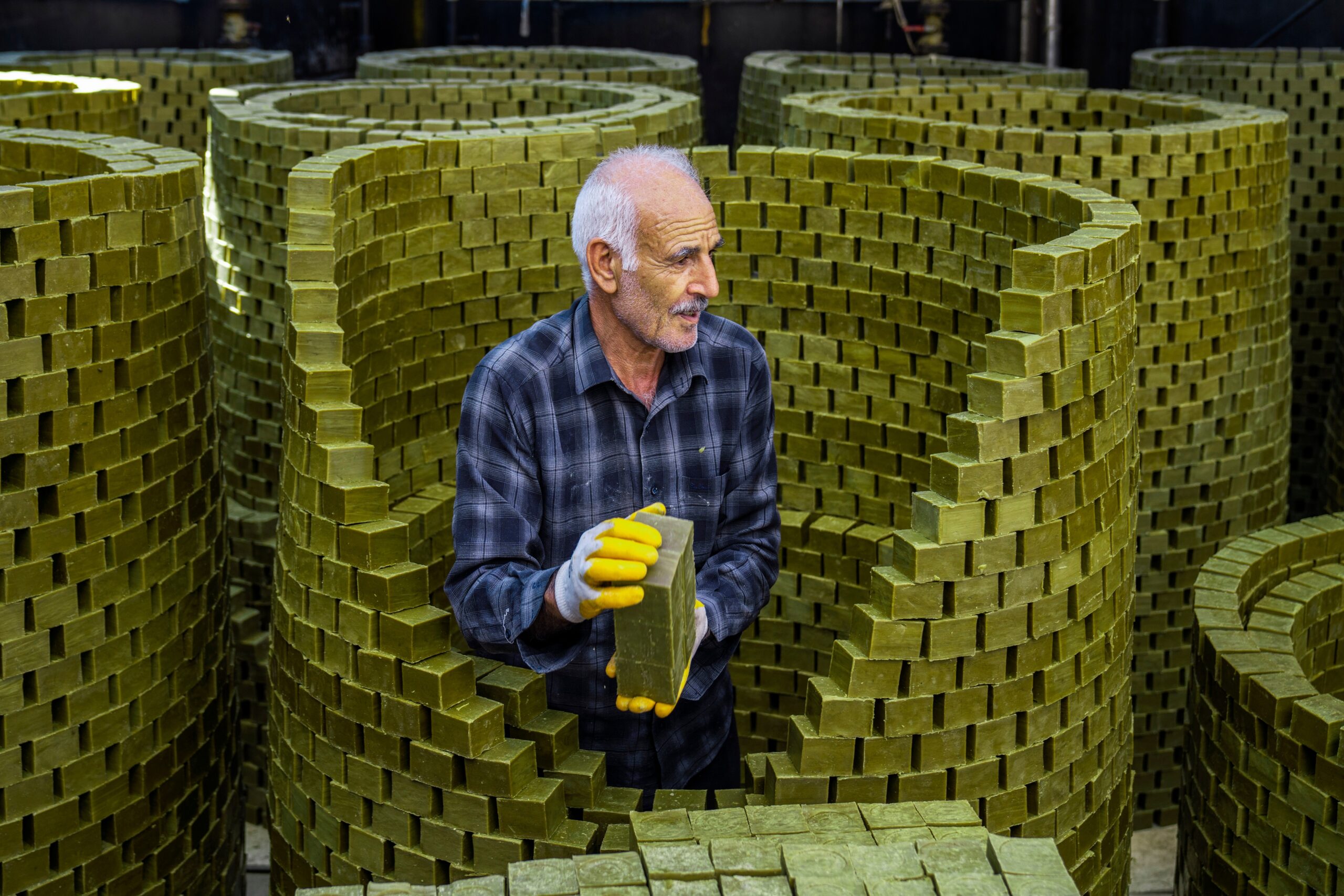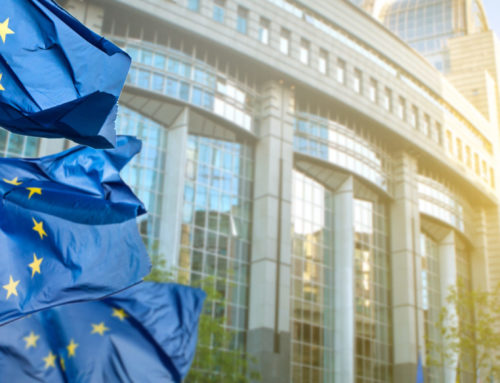The French law on due diligence in brief
France’s “Due diligence” law helps to make major corporations more accountable and to guarantee the protection of human and environmental rights.
What is the French “due diligence” law?
In December 2022, TotalEnergies and its oil project in Uganda faced off against six NGOs in the first case to be brought under France’s Due diligence law. In January 2023, three NGOs filed an action against Danone for failure to comply with the due diligence. They consider that the company has failed to meet its obligations to combat the harmful effects of plastic use (https://get.surfrider.eu/deplastifierdanone). Pioneered in France in 2017, this law requires multinationals to publish vigilance plans to prevent the risks of human rights and environmental abuses.
What responsibility do companies bear under the French due diligence law?
Adopted in the wake of several human rights violation scandals, such as the Rana Plaza collapse in Bangladesh in 2013, this law aims to put respect for these rights at the heart of major corporations’ concerns. Companies with more than 5,000 employees in France or more than 10,000 in France and abroad must draw up and publish a vigilance plan. The aim of this plan is to identify and prevent risks of human rights and environmental abuse. This obligation applies to the entire value chain of companies, which must agree with their subsidiaries, subcontractors and suppliers in France and abroad on “due diligence measures”.

What’s the risk for companies?
Under the “due diligence” law, victims, associations and trade unions can serve formal notice on companies failing to meet their obligations. If the matter is referred to a judge, a company that has failed to present a satisfactory due diligence plan can be ordered to comply with the law, subject to a financial penalty. The law also provides for companies to be held civilly liable in the event of a failed plan resulting in damage or human rights violations. The courts are organizing themselves to deal with these new issues, highlighting the risk of judicialization for companies. In early 2024, the Paris Court of Appeal opened a special chamber dedicated to corporate social responsibility and due diligence. The first hearings called 3 multinationals (TotalEnergies, Suez, EDF) to the stand: its decisions, expected in June, could set a precedent for the legal responsibility of major corporations.
What is the link between France’s due diligence law and the CSDD?
At European level, a regulation largely inspired by the French text is in the making. In February 2022, the European Commission presented its proposal for a directive on Corporate Sustainability Due Diligence. Approved on March 15, 2024, the directive, which was lightened during the debates, will gradually apply to European companies and foreign companies operating in the EU, with :
> 1,000 employees and
> 450 million euros in sales.
The CSDDD aims to oblige the companies concerned to take concrete measures to reduce and ultimately eliminate the negative social and environmental impacts of their activities and value chain.
Feedback on the French due diligence law
How have companies applied the French due diligence law?
An initial assessment of the application of the law was drawn up in a February 2020 report by the Conseil Général de l’économie. The report recognizes that real progress has been made in taking human and environmental issues into account in France and in the countries of the stakeholders. However, it notes that many companies are applying the law in an unsatisfactory manner.
Despite the proposals made by the rapporteurs to make companies more aware of their obligations and improve application of the law, some fifteen French companies are currently the subject of proceedings relating to the due diligence.
Why are major groups under attack?
Multinationals are targeted for the inadequacy of their due diligence actions, and for the consequences of these failings for the environment and communities. In 2020, TotalEnergies was sued by six associations for climate inaction: the plaintiffs want to force the group to adopt a strategy effectively aligned with the Paris Agreement.
In the same year, EDF was sued by human rights groups for its wind power activities in Mexico. The company was accused of failing to consult and respect the consent of local communities.
In 2021, Suez was summoned for its activities in Chile: an incident at one of the Group’s subsidiaries deprived the inhabitants of a town there of drinking water for ten days.
In December 2023, La Poste Group became the first company to be convicted under France’s “due diligence” law, in a case involving the employment of undocumented workers in its Chronopost and DPD subsidiaries.
How will this experience help in the future?
The application of the French “due diligence” law has paved the way for the judicialization of corporate social and environmental responsibility. The entry into force of the CSDDD could accelerate these requirements and help the companies concerned to achieve compliance.
About Positivéco
At Positivéco, we see the new national and international regulations on CSR as an opportunity for positive growth.
Our aim: to apply financial and commercial skills to structure projects outside the traditional silos.
Since 2009, we have been supporting climate investment and development aid projects; we evaluate CSR policies and carry out extra-financial reporting for our clients. Positivéco advises financial institutions, public actors, listed and non-listed companies.
Request a callback today and discover how you can meet the new CSR requirements while serving the company’s project.

Who we are
With Positivéco, your success is our priority. Since our conception, we have always applied financial and commercial expertise outside the traditional silos, to structure successful and impactful client projects. This improves the visibility of your activities for enhanced profitability and increases your financial valuation.








Contact us now!